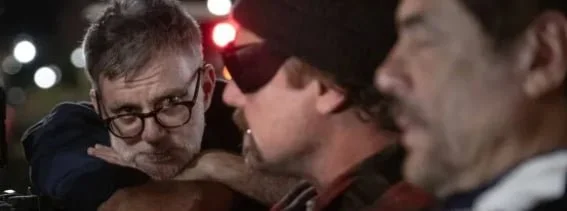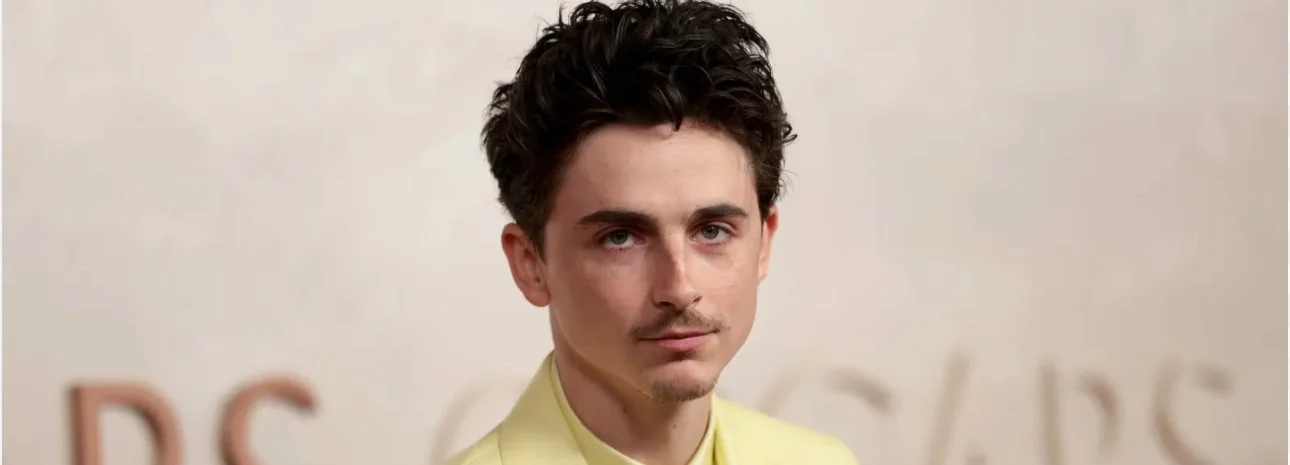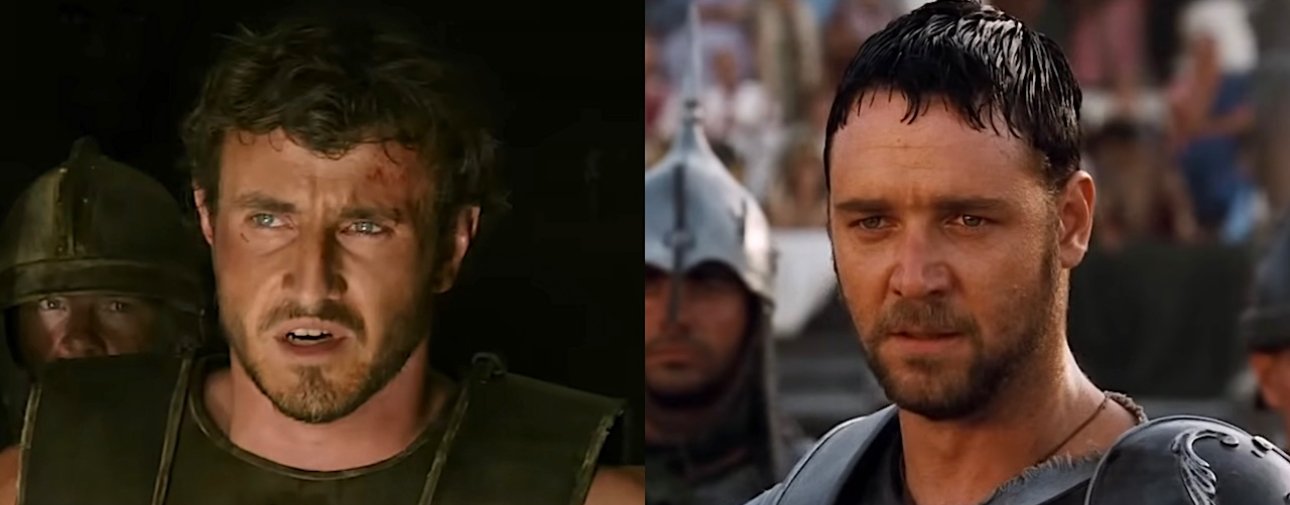
Stanley Kubrick's films are quite something aren't they? The more you watch them the more you start
noticing new things you hadn't seen at first hand. THAT my friends is what cinema is all about to me. The potential for revelation. The potential to explore the great beyond.
The film does massively play with a sense of space and time - e.g. the
blueprint of the Overlook doesn't add up. The doors beside room 237 make
no sense (the interior of the apartement covers these doors, so they go
nowhere). There is a corridor running behind Ullman's office, yet his
office window shows the outside. There are windows on three sides of the
Torrance's apartment, yet when Danny is dropped through the bathroom
window, that whole side of the hotel is flat. All this leading to a final head-screw image, to twist your head off completely as the film
finishes.
The film should be looked at more in terms of its feelings and tones
(like a David Lynch film) rather than logic. The subtext is about Jack
being weak as an abusive alcoholic, Wendy being weak as a mother who
ignores it, Danny being a kid who dissociates as a way of dealing with
it - and how that dynamic breaks the family apart. Everything on the
surface hints at those themes, but without a clear sense of logic.
The film cannot all be taken literally but this new documentary does try to attempt to solve some of the film's nuttiest mysteries. Which brings me back to the movies that represent "advanced math". If The Shining isn't one of those very movies, I don't know what is. I look forward to watching Room 237 but with a little hesitation. Some films don't need to explained but do in fact need to be dissected. Does that make sense? It sure does to me. Cinema is an art form and like all great art there doesn't need to necessarily be one answer. There can be many. Kubrick knows that. That's why The Shining is a full fledged masterpiece.
The film cannot all be taken literally but this new documentary does try to attempt to solve some of the film's nuttiest mysteries. Which brings me back to the movies that represent "advanced math". If The Shining isn't one of those very movies, I don't know what is. I look forward to watching Room 237 but with a little hesitation. Some films don't need to explained but do in fact need to be dissected. Does that make sense? It sure does to me. Cinema is an art form and like all great art there doesn't need to necessarily be one answer. There can be many. Kubrick knows that. That's why The Shining is a full fledged masterpiece.




